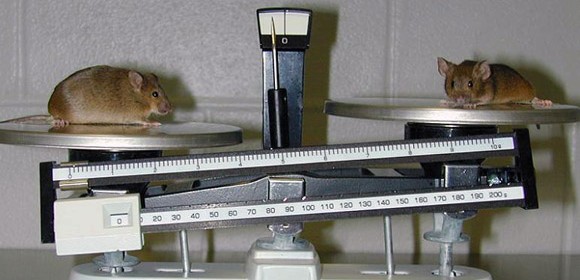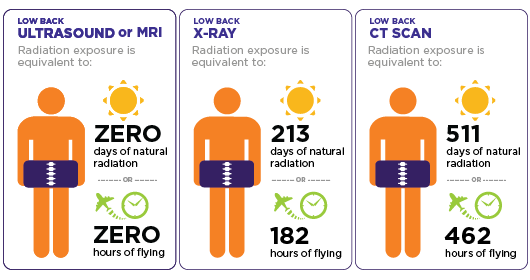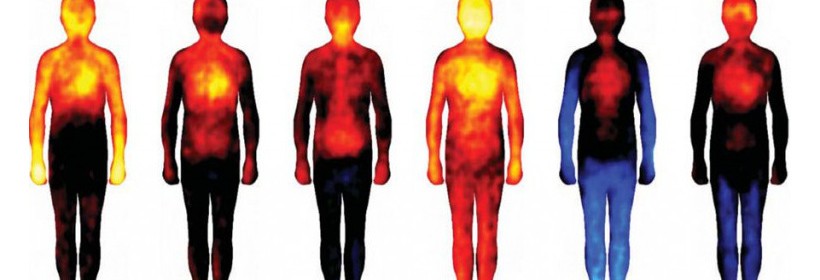Cartoon – Romantic Biologist




New images of a galaxy located 60 million light-years from Earth have revealed that / it’s a cannibal. Composite pictures from the La Silla Observatory in Chile show that the NGC 1316 galaxy is strewn with dust N and small star clusters, space debris that astronomers say is the remains of another galaxy that was swallowed up by the black […]
Read more

The species of bacteria that dominate our guts may strongly affect whether we’re thin or fat. Researchers at Washington University collected samples of gut bacteria from pairs of twins in which one was obese and the other thin. Then they transplanted the bacteria into mice. The mice that received the bacteria from the obese twins became obese; the mice that […]
Read more
Aerosols, tiny solid and liquid particles suspended in the atmosphere, impact the environment by affecting air quality and alter the Earth’s radiative balance by either scattering or absorbing sunlight to varying degrees. What impact does climate change, induced by greenhouse gases (GHGs), have on the aerosol “burden”–the total mass of aerosols in a vertical column of air? Past research done […]
Read more
In the sci-fi movie Armageddon, astronauts intercept a killer asteroid heading for Earth, saving mankind. NASA is taking the first step to develop the technology to do just that, by planning a mission to slightly alter an asteroid’s orbit. The mission will also serve as an initial test of a solar-electric propulsion system and other technologies essential for a manned […]
Read more
Patients are getting larger and perhaps even dangerous doses of radiation from the growing number of advanced medical-imaging tests being ordered by doctors, a new study says. Researchers at the University of California, San Francisco, analyzed data from millions of patients who received medical treatment between 1996 and 2010. They found that the number of patients who underwent CT scans […]
Read more
What is hail or a hailstone? Hail is a form of precipitation that occurs when updrafts in thunderstorms carry raindrops upward into extremely cold areas of the atmosphere where they freeze into balls of ice. Hail can damage aircraft, homes and cars, and can be deadly to livestock and people. How does hail form? Hailstones grow by colliding with supercooled […]
Read more
When you’re angry, your face, head, and arms grow hot When you’re depressed, a cold numbness grips your head and arms. Love triggers a warm glow throughout your upper body, especially around your heart. Human emotions, a new study has found, are directly linked to sensations in specific body parts, and the map is largely the same across different cultures. […]
Read more
“Science without religion is lame, religion without science is blind.” – Albert Einstein
Read more